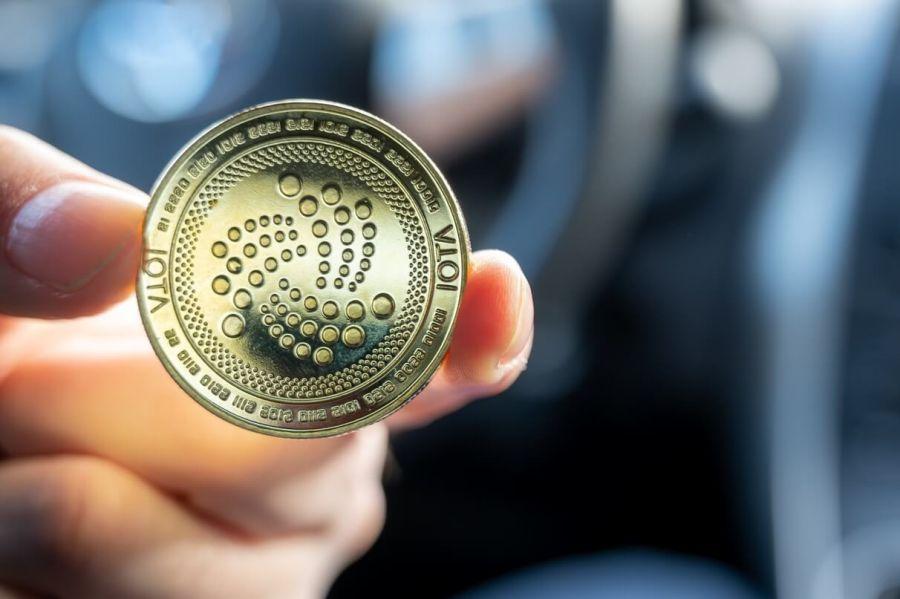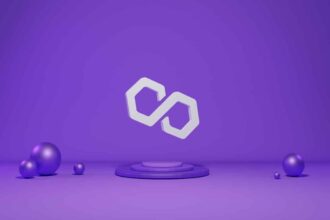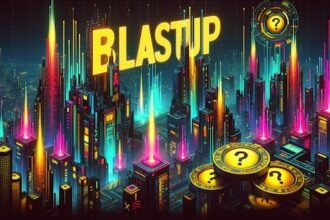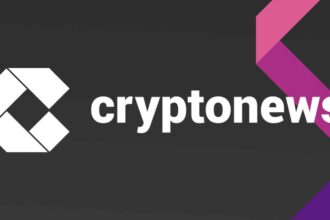The once-prominent crypto project IOTA is planning a resurgence with a series of initiatives aimed at boosting network development and token value.
After losing market share to newer blockchains following a hype-fueled rally in 2017, IOTA is set to release an upgraded network, known as IOTA 2.0, which will introduce smart contracts, layer 2 blockchains, and decentralized finance (DeFi) applications to the network, CoinDesk reported on Friday.
One of the key improvements involves the introduction of a new ecosystem fund backed by the release of new MIOTA tokens.
Additionally, a hard fork named Stardust, scheduled for release on October 4, will lay the technical foundation for IOTA 2.0, expected to go live in Q4 of this year, the report said.
General-purpose virtual machine
Smart contracts on the IOTA network will be implemented through a general-purpose virtual machine (VM), which will generate more demand for MIOTA, the project’s native token.
The reputation system for nodes within the IOTA network, called Mana, will play a significant role in enhancing security and fostering demand for applications and layer 2 networks on the IOTA platform.
New ecosystem fund
IOTA co-founder Dominik Schiener explained the need for these initiatives, emphasizing the importance of funding to compete and grow in the cryptocurrency market.
An ecosystem fund will be established to incentivize developers and teams to build on the network, and the fund will be backed by the gradual release of new MIOTA tokens.
Following the hard fork, there will be a temporary bi-weekly token release lasting four years, leading to an average annual inflation rate of 12%.
After this period, the circulating supply of MIOTA will reach 4.6 billion tokens.
IOTA has also established the Tangle Ecosystem Association in Zug, Switzerland, and the IOTA DLT Foundation in Abu Dhabi, UAE, to support its ecosystem, developers told the news outlet.
The Tangle
IOTA is not a traditional blockchain, but instead calls its network – a Directed Acyclic Graph (DAG) – the “Tangle.”
IOTA originally promoted itself as a way to send nearly free “machine-to-machine” (M2M) microtransactions.
Read the full article here










